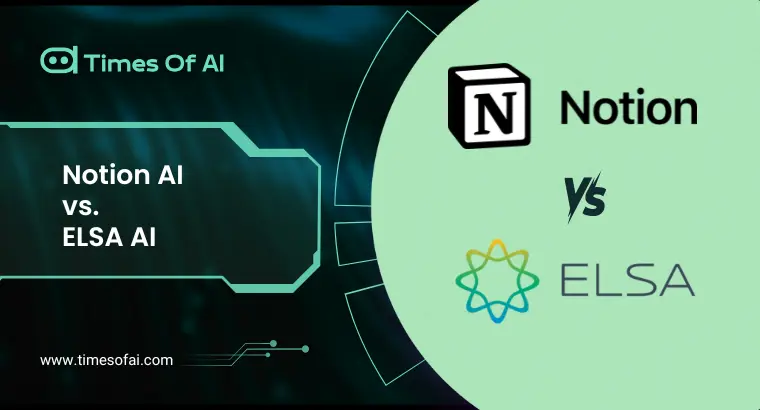
In our modern world of technology, artificial intelligence presents a mix of potential benefits and challenges. This advanced technology has the capacity to revolutionize various sectors, yet it also brings about concerns that must be addressed through legal frameworks and regulations.
This week, the Council of the European Union took a significant step toward combating privacy invasions, biased results, and unchecked falsification. It approved the world’s first major law that sets rules on artificial intelligence technology and its use.
What is the EU Artificial Intelligence (AI) Act?
The EU plans to implement a risk-based regulatory framework for AI with multiple oversight stages. These new regulations will require AI technology providers to assess risks, keep detailed records, and ensure AI system transparency.
This new AI regulatory framework requires strict requirements for high-risk AI applications, including mandatory third-party assessments and strong data management rules. Furthermore, the European Commission and national regulators will monitor compliance in each member state.
What does the latest legislation mean?
The EU AI Act, which includes the AI Innovation Package and the Coordinated Plan on AI, promises to instill assurance and fuel participation, investment, and pioneering applications of AI across Europe. The act encourages innovation, but fairness, accountability, and explainability will govern systems manipulating massive data sets. Furthermore, the EU AI Act states that deep learning algorithms underpinning AI decision-making must be transparent and their decisions open to appeal.
Which countries can apply the AI Act?
The EU AI Act aims to establish safety and transparency for artificial intelligence across the bloc. All 27 member states will implement regulations addressing the development, promotion, and application of AI technologies.
The Act also applies beyond Europe, requiring systems from other regions to adhere to its regulations if they are used in the EU market or have an impact within its boundaries. By aiming to uphold the high standards established by Brussels worldwide, the law seeks to influence global practices. Experts speculate that other areas might adopt similar rules, influenced by Europe’s status as a pioneering legislative force in the tech industry.
How will the AI Act be implemented?
The EU intends to implement a risk-based regulatory framework for artificial intelligence through multistage oversight. The new regulations will require AI technology providers to assess risks, maintain detailed records, and ensure transparency in AI systems.
Further, stringent regulations will be imposed on AI applications with high-risk factors, such as compulsory third-party evaluations and robust data governance protocols. The European Commission, supported by local regulators, will oversee adherence to these guidelines within individual member states.
What happens if companies violate the AI Act?
The EU AI Act’s strict “high-risk” and “unacceptable risk” system standards carry severe penalties that could cripple even the largest companies. Few companies can afford 35 million euros or 7% of global profits for failing to register high-risk AI or deploying an unacceptable risk system without human oversight.
Quality management, transparency, documentation, and continuous monitoring aftermarket release are non-negotiable for high-risk technologies, as lapses could result in 20 million euro penalties equaling 4% of worldwide earnings.
While many governments are developing AI policies, their approaches vary completely. The United States has adopted a sector-specific stance, introducing rules for AI under the California Consumer Privacy Act and proposals from the U.S. Securities and Exchange Commission addressing generative algorithms.
The United Kingdom is pushing for regulations on AI through efforts like the Bletchley Declaration, while Canada’s Artificial Intelligence and Data Act will undergo several reviews before it is passed into law. As many countries continue to tighten their hold on AI, global citizens are now sighing relief that AI laws are being put into place to protect their privacy and security.





